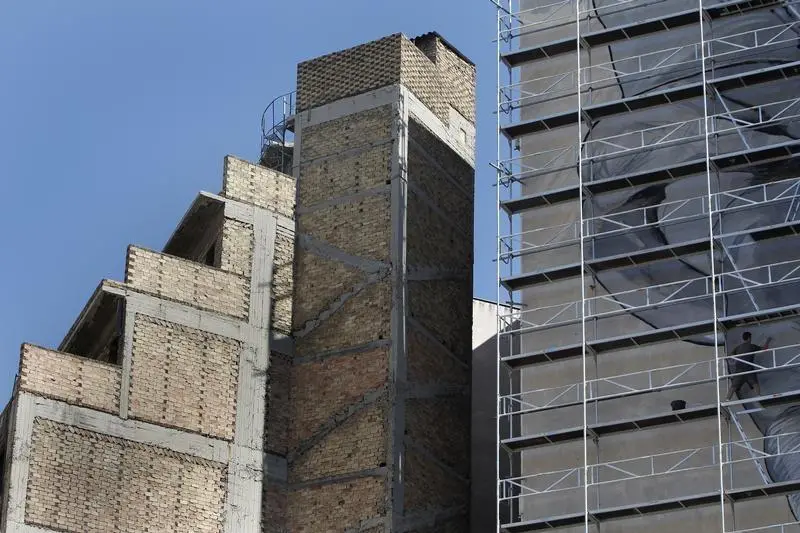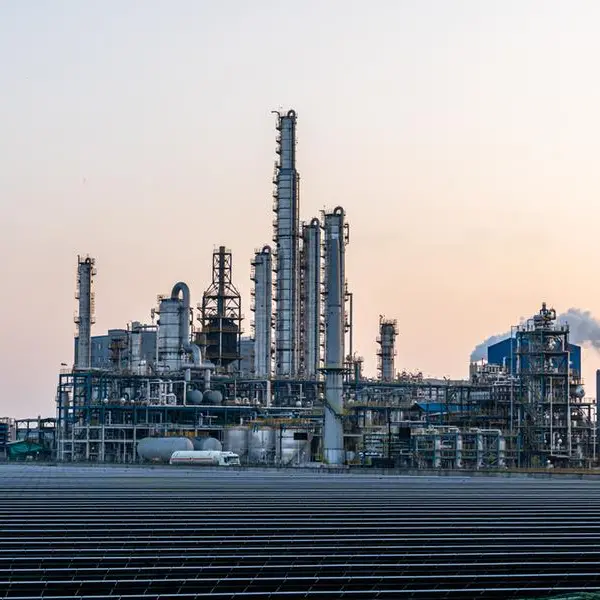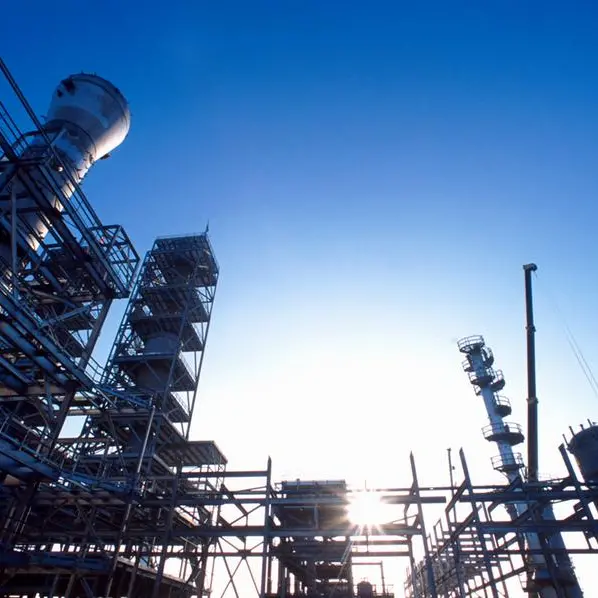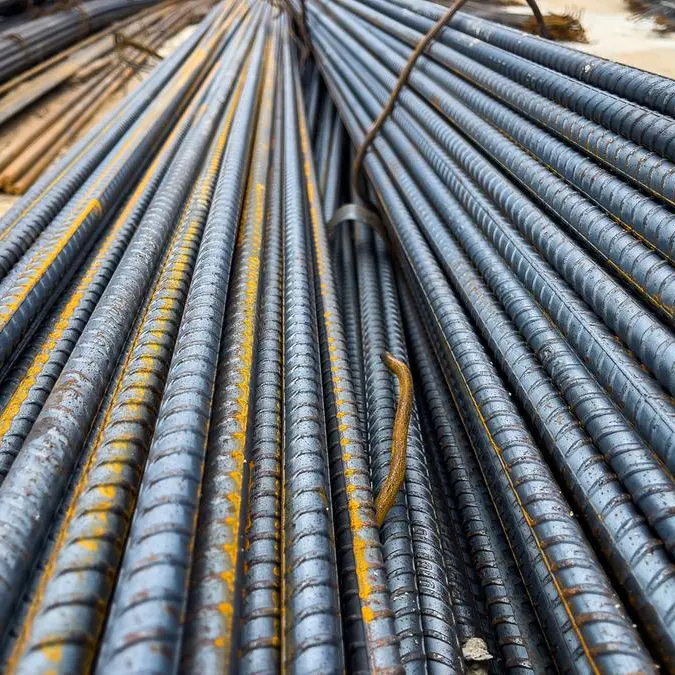PHOTO
Greek manufacturing activity was broadly stable in April, with production and new orders rising only marginally on the back of weaker demand due to substantial selling price increases, a survey showed on Tuesday.
S&P Global's Purchasing Managers' Index (PMI) for manufacturing, which accounts for about 10% of the Greek economy, rose to 54.8 in April from 54.6 in March, the second-weakest upturn in a year.
Still, the index remained above the 50 mark dividing expansion from contraction.
"Greek manufacturing firms signalled further subdued demand conditions during April. Although the rate of new order growth quickened slightly, it remained only marginal, with the upturn in output slowing," said S&P Global economist Sian Jones.
The marginal upturn in production was the slowest growth rate since April 2021 with firms reporting that material shortages and soaring selling prices stymied client demand.
The pace of expansion in new orders was marginal overall but picked up from March's recent low, helped by a renewed rise in new export business.
On the price front, higher cost burdens were driven by increased prices for materials including plastics, chemicals and metals, alongside greater transportation and fuel costs.
"Hikes in cost burdens and output charges were faster than any seen prior to the final few months of 2021 as supplier shortages and Russia's invasion of Ukraine exacerbated already severe supply-chain disruption," Jones said.
Business confidence at Greek manufacturing firms softened further with the degree of optimism in the year-ahead outlook for production slipping to the lowest since October 2020, the survey showed.
"Mounting headwinds including a reduction in customer appetite due to higher prices and further increases in cost burdens look set to weigh on growth over the coming year," Jones said.
(Reporting by George Georgiopoulos; Editing by Toby Chopra)





















